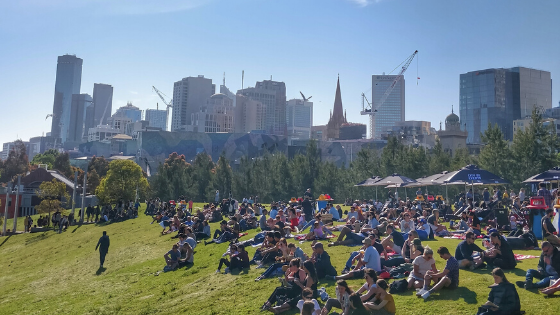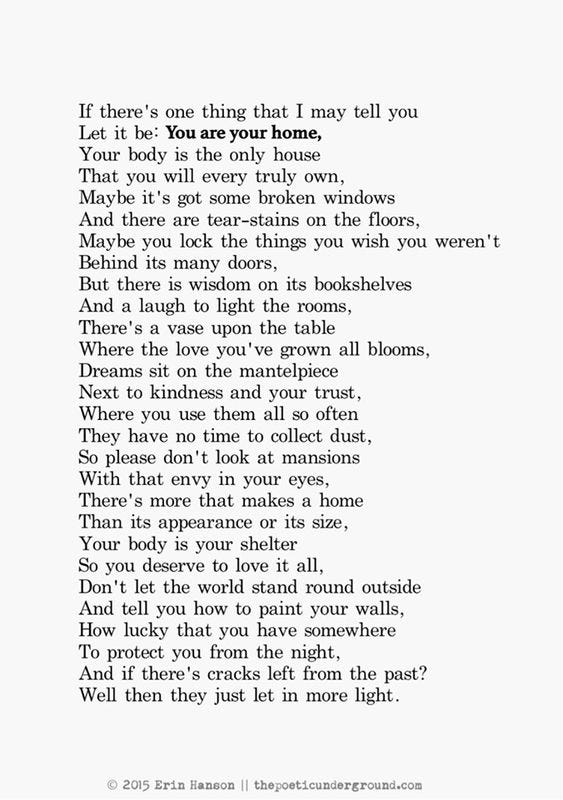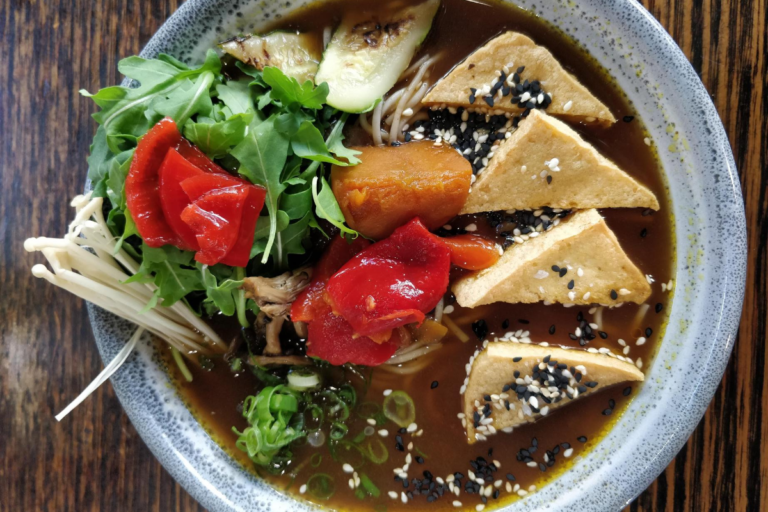A few days ago I was speaking to a friend in Melbourne and he asked me, “How’s being home?”. I said it’s lovely, I’m enjoying staying here after a long time, and being with parents is great.
I was lying. I’ve been asked this question countless times in the past few months, ex-colleagues and friends in different countries. My answer differs every time. I don’t hate it either, it’s probably the best place I could be in these tumultuous times.
“So where’s home for you?” It should be a simple question, with a simple answer. Name a city or a country, easy as that.
But it’s not. I struggle with the idea of home.
This post is not an answer to the question “Where’s home?”, because I don’t know. It’s a general wandering state that I find myself in since I moved back to India last year; where is home? Where do we feel most at home? What gives us a sense of belonging and comfort? What does home feel like? Is it a place? Or is it the people around you?
The concept of “home” is a curious thing. For some, they feel home in their home, in the bed, with their family nearby. Or sitting in pajamas on any couch. Some feel home wherever their mom is cooking. And others feel most at home, strangely, when they’re traveling.

I’ve moved quite a few times in my life — 4 global cities (Singapore, Dubai, Sydney, Melbourne) in the past 6 years, and 2 different states in India. I love moving, and I guess I have a knack of how to do it well, and I know what to expect settling in a new place.
There’s a predictable rhythm for me that goes something like this: initial excitement at the new location, a few weeks of finding my routine, followed by a low valley of the blues for a few weeks, wondering why on earth I left the last place.
I eventually recover, usually after finding my bearings (no longer needing the GPS for basic errands), and I’ll start finding small ways to make the place feel a little bit like the last home.
Moving countries every year
For the first 4 years, I was a student and moving countries with my classmates. It’s like moving in your comfort zone. Yes, there are challenges, but minimal.
I remember how sad I was when I first moved to Singapore. I missed India badly for the first 2 months. In 6 months, I started to love Singapore and after 8 months, I had to pack my bags and leave the country.
The same process repeated when I moved to Dubai, only this time I was missing Singapore. And again when I moved to Sydney, and this time I was missing Dubai. And again in Melbourne, I could go on and on.
As soon as I felt like being at home in a new country/city, I moved.
At the same time I had moved to Dubai, my family moved to Bangalore from Kota (my hometown).
When people asked me where I am from, I was honestly confused. Sydney felt like home after living there for 2 years. But I grew up in India so maybe that’s my home. But I haven’t lived there for 5 years. And I feel most comfortable living by myself in Melbourne, so shouldn’t that be my home?
Where do you belong?
I am a part of an online self transition accelerator, and last week we were asked about where we are coming from (the physical home), to share something that’s meaningful there and why is it important for us.
I had a hard time answering that. On the surface, this might seem like a very simple question, talk to us about your home and what’s nice about it.
But when we go deeper into the question where do you belong and what meaning does it hold for you, it gets harder.
I spent the first 18 years of my life in Kota but I do not have a special attachment to this place. In the last 3 years, I’ve only spent about a month in total here (except for the quarantine period now).
When I first moved to Melbourne, the city felt alien. I missed my friends in Sydney and the comfort of knowing everything. Over time, the city grew on me and I started enjoying it. Now when someone asks me about my home, I still feel it’s Melbourne or at least I want to believe it is.
The question, “where are you from?” sometimes also carries cultural baggage for many immigrants and people of color. It generally contains a subtext, it often disguises curiosity about the ethnic background of the person being asked.
I know when people asked me that in Australia, they don’t want to know where in Australia I’m from. What they really want to know is why I’m not white.
It’s okay in some situations, say, as a part of an ice breaker in an event. And admittedly, I’ve also asked the question in some instances and had some great conversations. The point is, just as with any other fragment of language, context matters.
To be honest, this did not bother me as much, but now writing about it makes me wonder about the state of mind of Third Culture Kids (a term coined by sociologist Ruth Uneem in the 1950s to refer to kids who’ve grown up in a culture different than their parents). The BBC even calls this kind the citizens of everywhere and nowhere.
Writer Pico Iyer — who is of Indian descent, but has lived in America, Tokyo, and the U.K. — is a great example. In a TED talk from 2013, he described the confusion he faces when asked where he’s from:
“They’re expecting me to say India, and they’re absolutely right insofar as 100 percent of my blood and ancestry does come from India. Except, I’ve never lived one day of my life there. I can’t speak even one word of its more than 22,000 dialects. So I don’t think I’ve really earned the right to call myself an Indian. And if “Where do you come from?” means “Where were you born and raised and educated?” then I’m entirely of that funny little country known as England, except I left England as soon as I completed my undergraduate education, and all the time I was growing up, I was the only kid in all my classes who didn’t begin to look like the classic English heroes represented in our textbooks. And if “Where do you come from?” means “Where do you pay your taxes? Where do you see your doctor and your dentist?” then I’m very much of the United States, and I have been for 48 years now since I was a really small child. Except, for many of those years, I’ve had to carry around this funny little pink card with green lines running through my face identifying me as a permanent alien. I do actually feel more alien the longer I live there.”
So, where really is home?
My memory + Google photos is a shrine to my homes. Memories of staying in a joint family come to mind, a house nestled in the calm streets of a small town called Kota, the park next to my college dorm in Singapore and the lavish apartment surrounded by vast empty land on the outskirts of Dubai. And that’s only the beginning. Google Photos reminds me of my student accommodation in the quiet leafy suburb of Concord in Sydney and the 3-bedroom apartment in Rhodes where we hosted countless house parties. 2 postcards lie on my study desk, reminding me of the warmth of my Melbourne home, living with 2 dogs and South Melbourne beach nearby. Back in India, I reminisce over a few months spent in an apartment in Colaba and Dadar, and the new flat we moved into in Bangalore.
I considered each of these places my home at one time or another, whether it was for months or years.
My answer for “where are you from?” is usually Rajasthan, but “where’s home for you?” is a little harder now.
When I returned to India in October last year, a mentor from Sydney asked me how was I doing. I replied it’s alright, but I don’t feel at home.
She replied, “You are your own home.” and it stuck with me.

This would have sounded like philosophical bullshit to me a few years ago. But hey, a few years ago I did not even think deeply about such things.
Where you come from is much less important than where you’re going. More and more of us are rooted in the future or the present tense as much as in the past. Home is not just the place where you happen to be born. It’s the place where you become yourself.
“You have a home, in yourself. Praise yourself as you should deserve, love yourself as you should. You have to treat yourself as a home in order for you to start believing you are one. Take care of yourself, decorate yourself, treat yourself, and repair yourself. After you do all of that, you can add members into your own home. One has to grow in their own comfort in order to let others in. No matter what happens, know you are not alone. You are your own home.”
Home for me is a work in progress. I feel like I can live anywhere and it will be/can be good. My home is wherever I am.
Home… feels like a deceptively simple concept now. Where’s your home?


